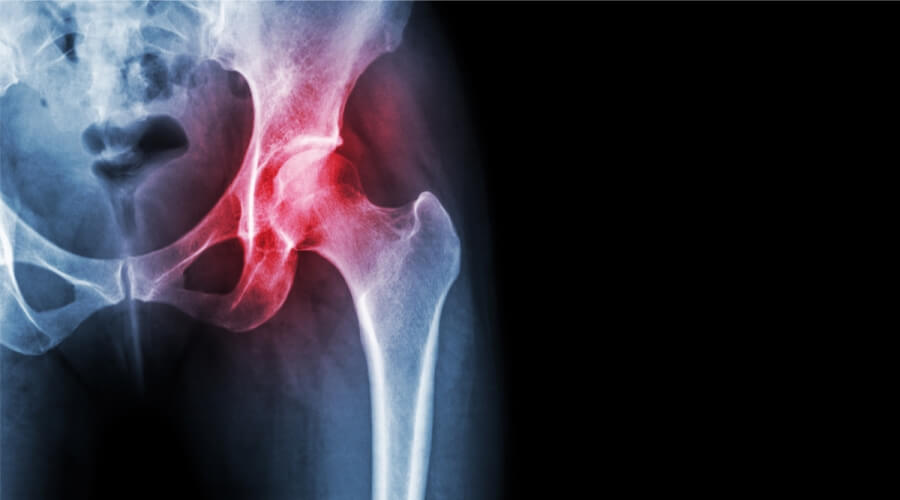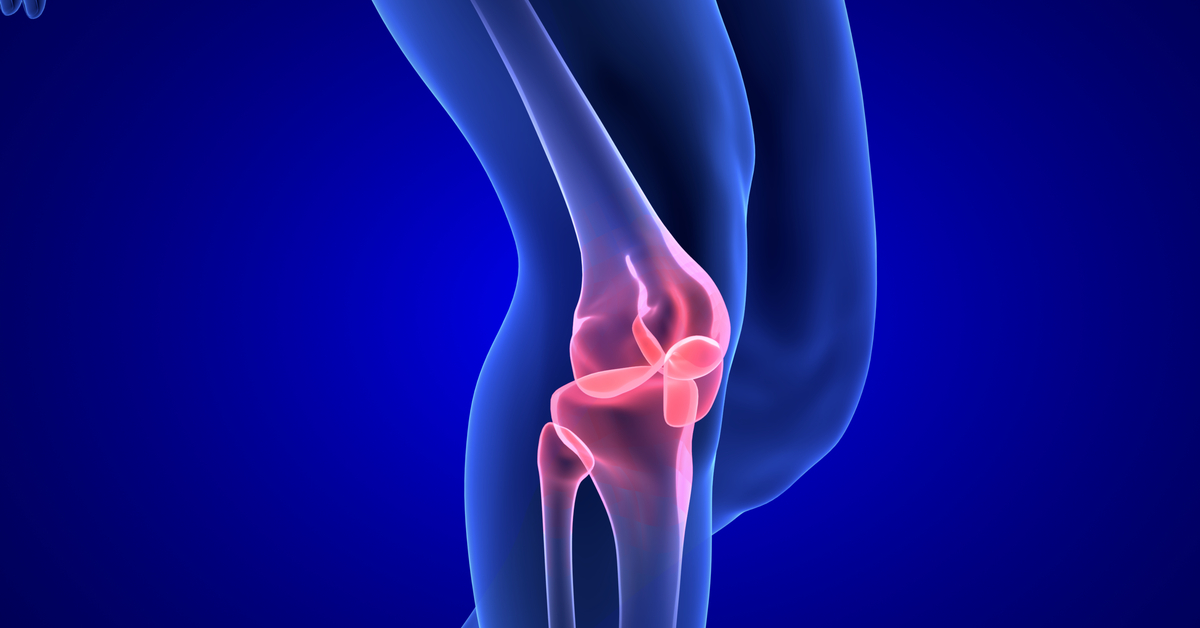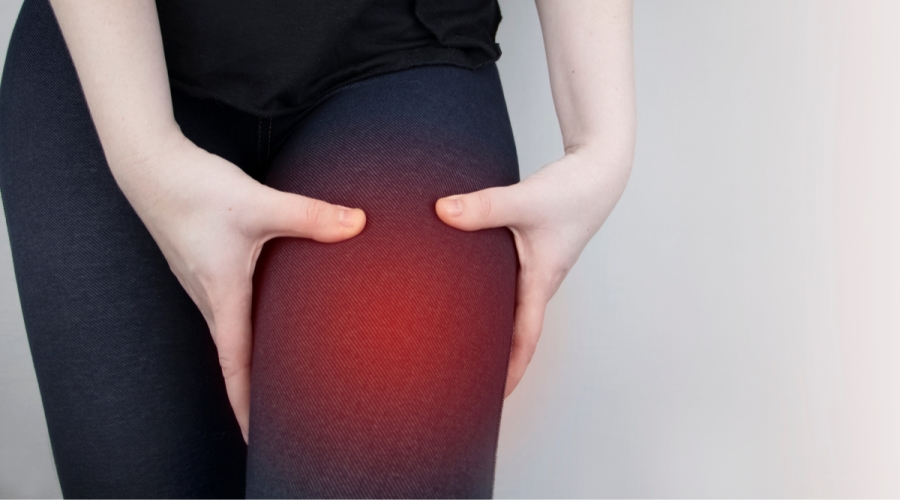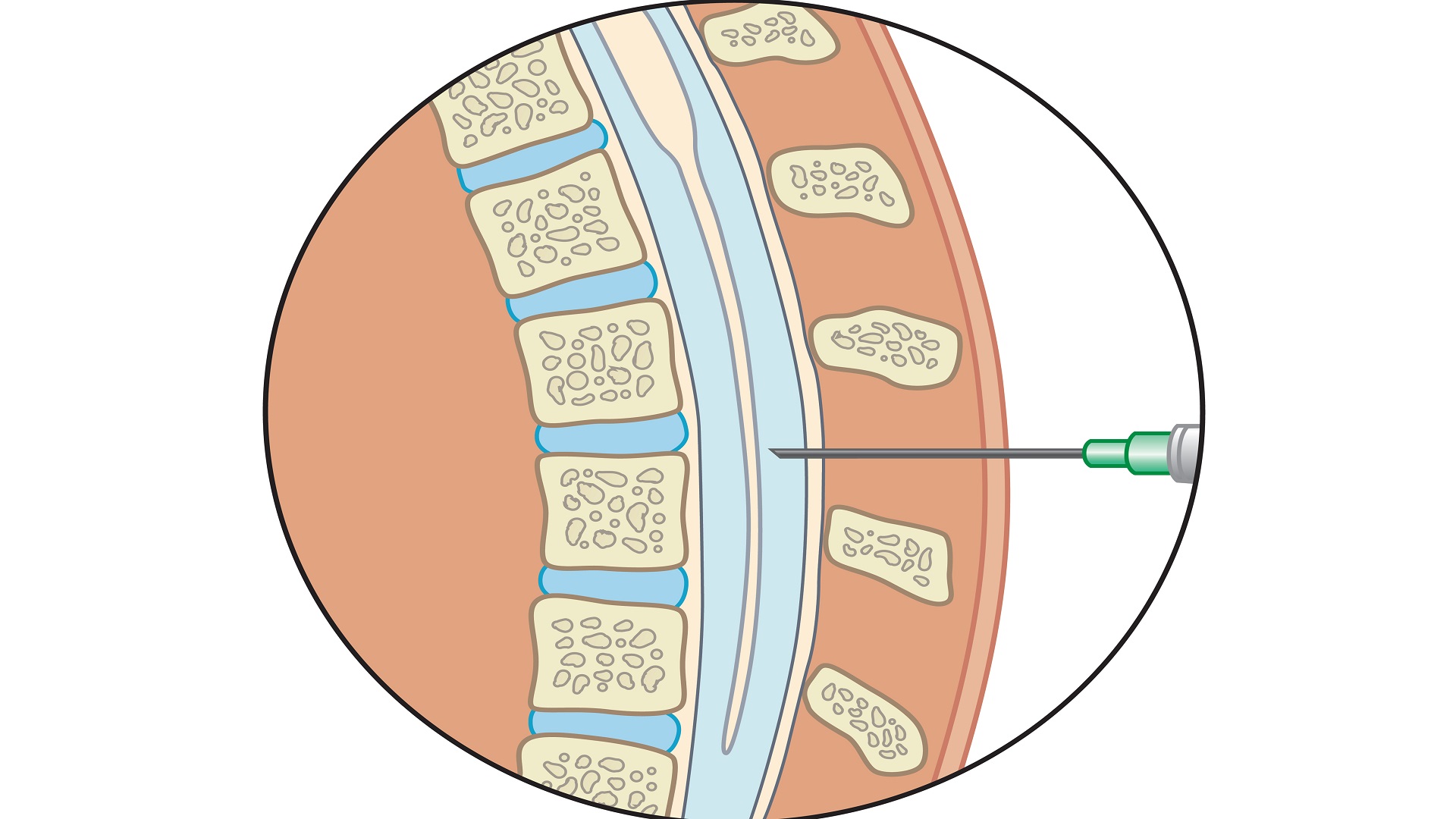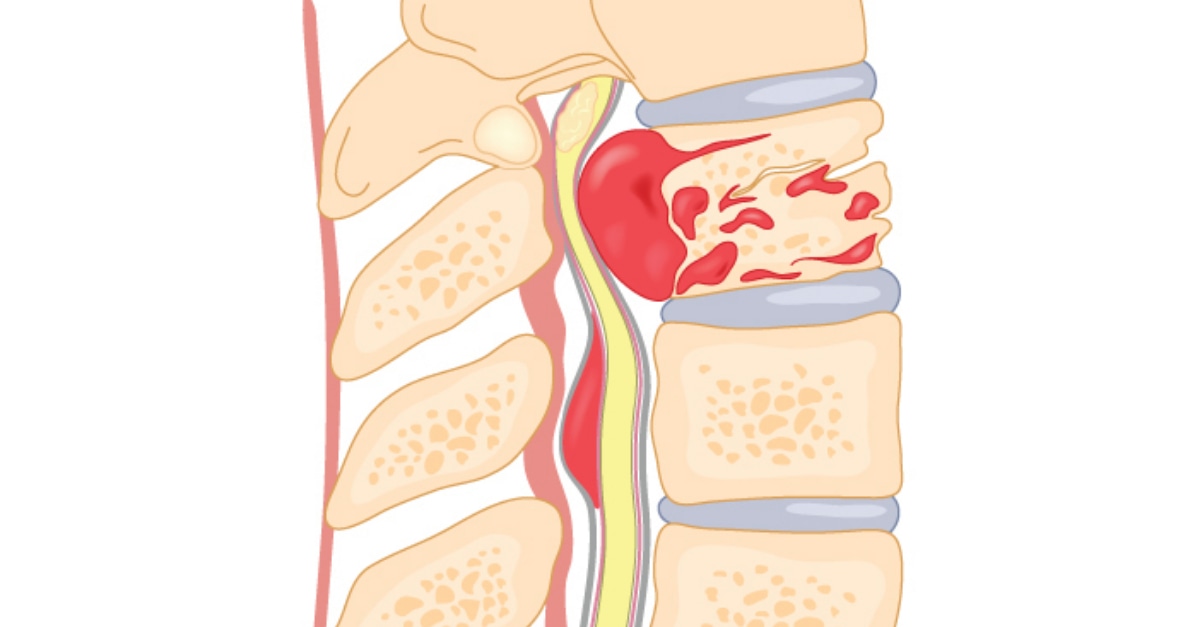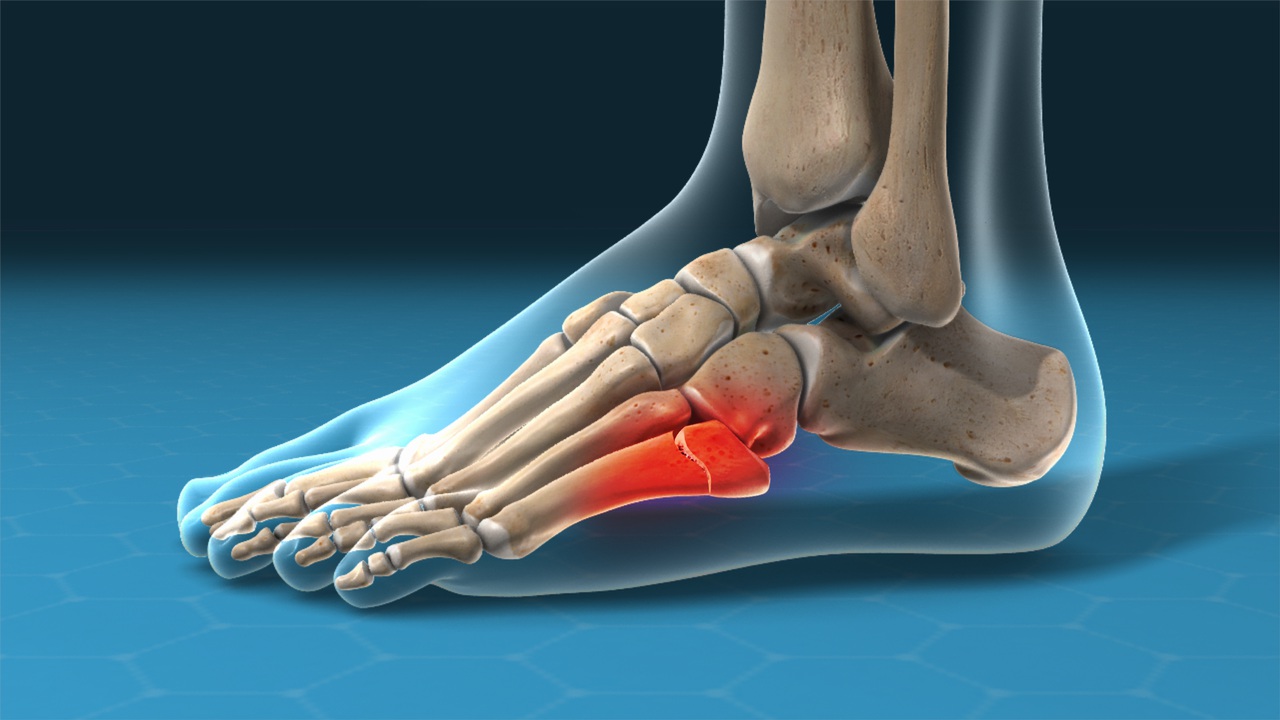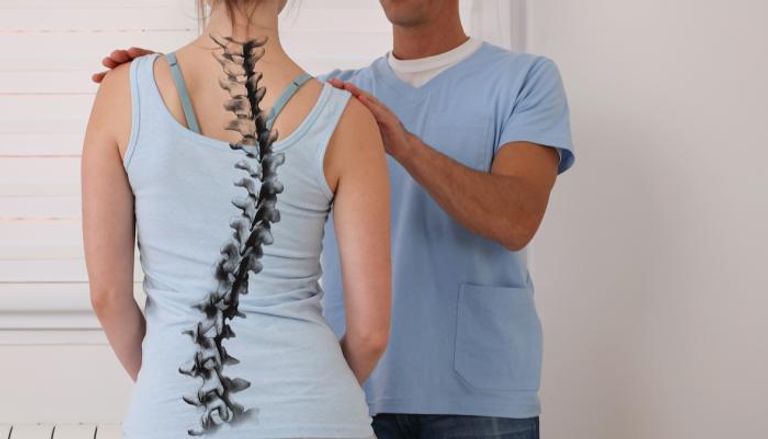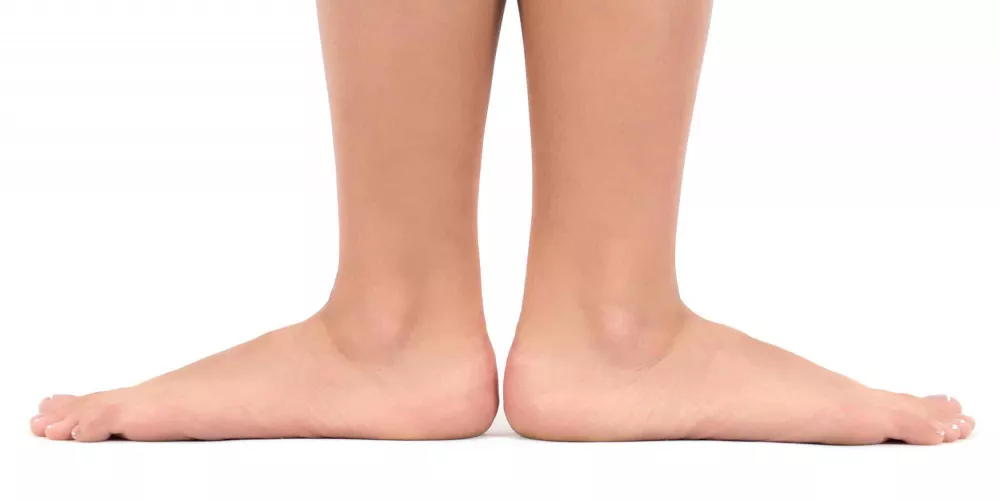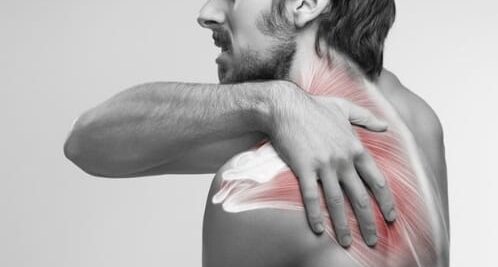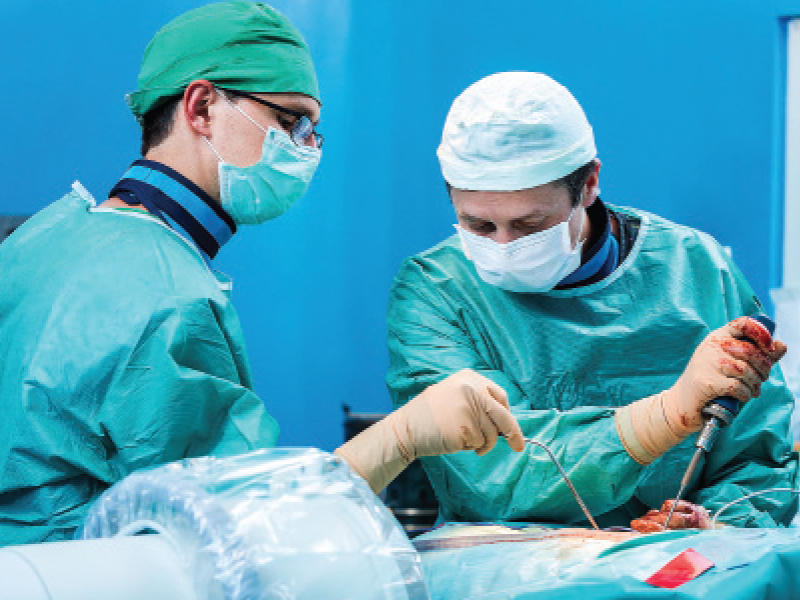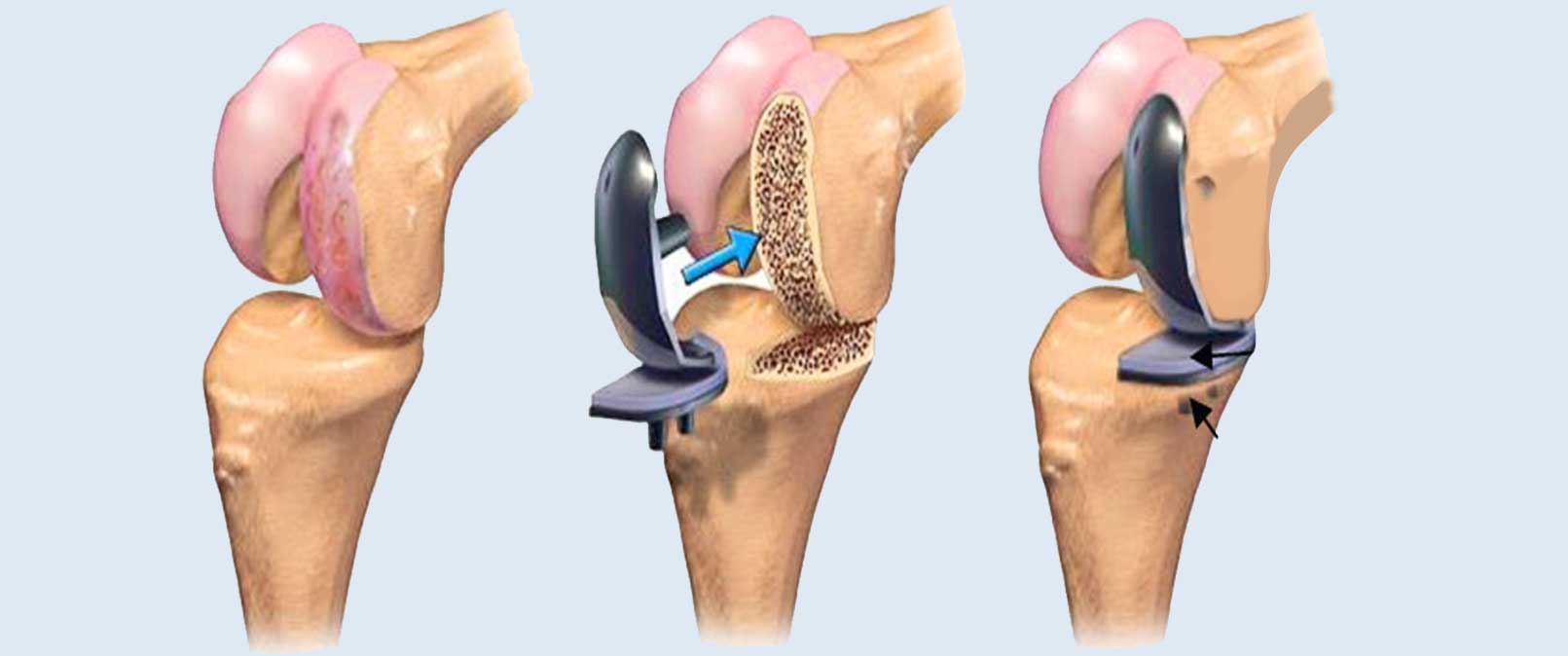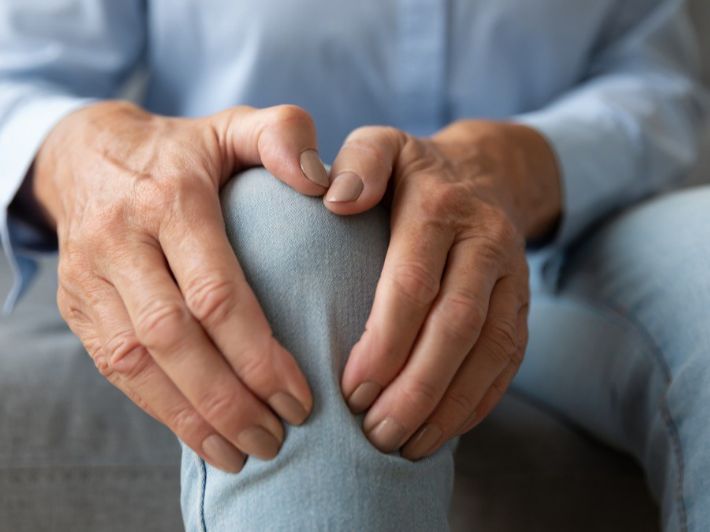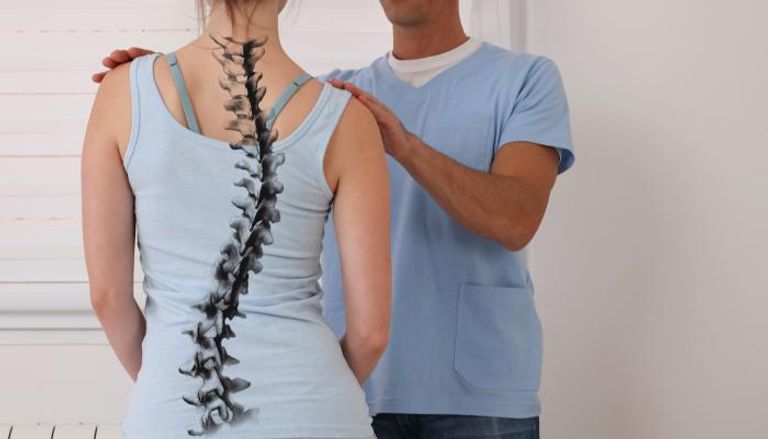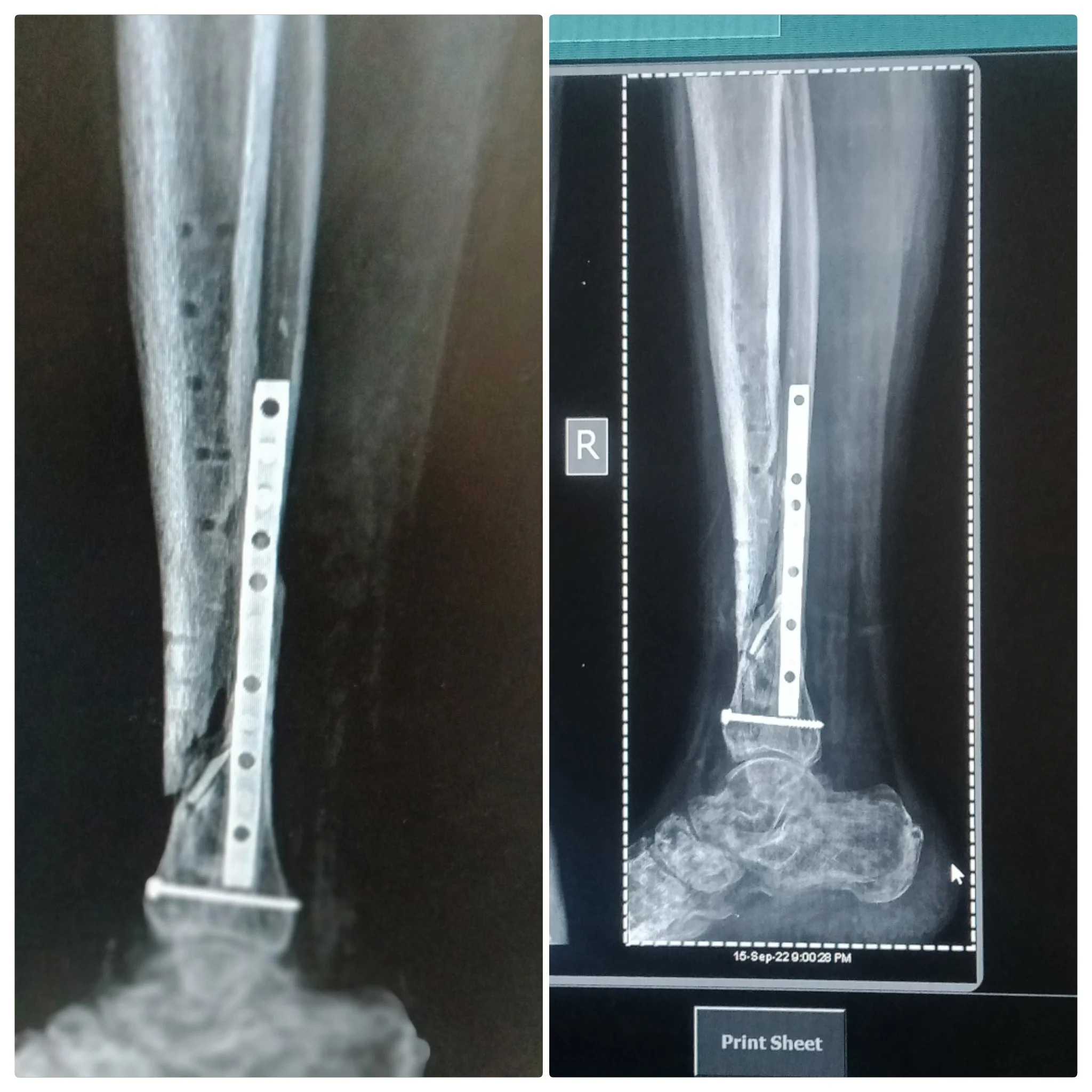?Important information about knee injections and when their effects appear
Knee Injections, Many people suffer from various pains and injuries in the knee, which makes them look for the best therapeutic methods to get rid of this pain. In this article, we will learn about one of these treatments, which is injections. Therefore, we will learn about the most famous types, their dangers and benefits, and the period needed for their effect to appear.
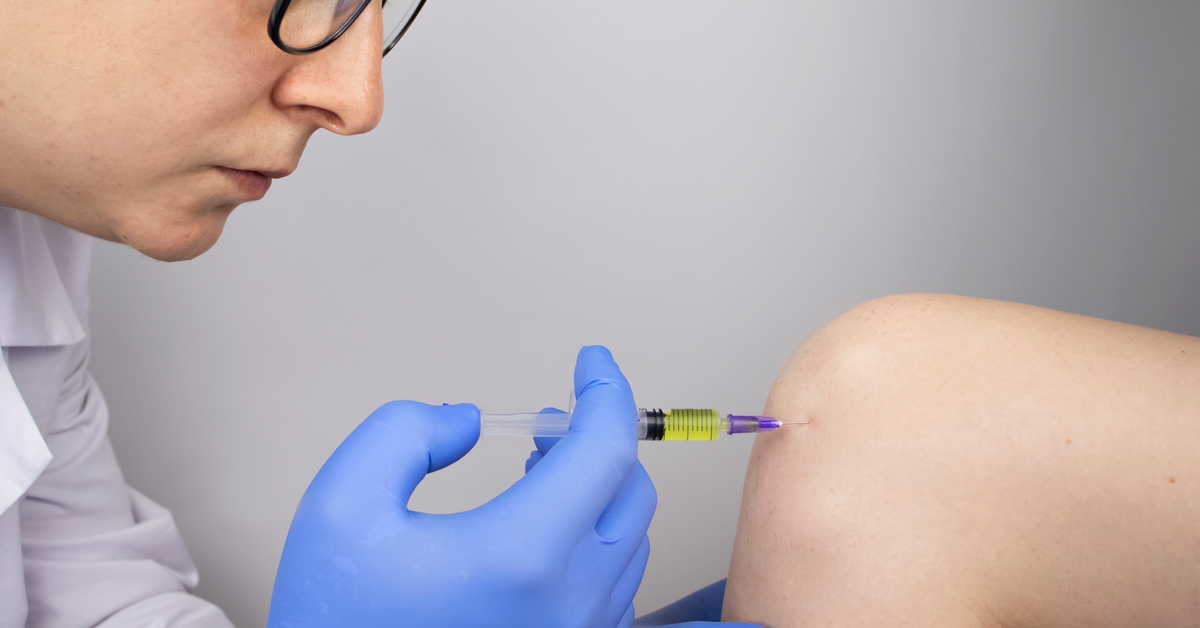
Knee Injections
In case of knee roughness, knee injections are one of the effective therapeutic options for relieving pain and reducing inflammation in the affected area. This procedure requires consulting an orthopedic specialist to evaluate the patient’s condition and determine the appropriate treatment based on a specific diagnosis.
Treating knee roughness with oil injections is one of the most common and effective methods. This procedure is done by injecting the knee with a gel-like fluid that resembles oil, which lubricates the joint and improves the balance between pressure and friction in the affected joint. It should be noted that this treatment is temporary and may require periodic injections to maintain improvement in the knee condition.
In addition, stem cell injections are one of the advanced methods in treating knee roughness. This procedure involves injecting stem cells taken from the body, either from other areas in the body or from external sources. These injections aim to stimulate the regeneration process and repair damaged tissues in the joint, helping to improve its condition and relieve pain symptoms.
Furthermore, hyaluronic acid injections are considered relatively successful methods in treating knee joint problems. Hyaluronic acid has properties similar to those found in natural joint fluids, enhancing balance and nutrition in the joint and contributing to improving its condition and reducing pain.
Please note that although knee injections are effective in treating knee roughness, they are not the final treatment for this condition. In cases where the cartilage in the knee joint is severely damaged, cartilage transplantation may be the best option, but this option must be determined based on an evaluation of the condition and the recommendation of the treating physician. Get ready for your activity and get rid of pain with knee injections with the experience of Dr. Amr Amal.
Most Famous Types of Knee Injections
1. Hyaluronic Acid Injections:
Hyaluronic acid injections are among the common methods used in treating knee joint problems. Hyaluronic acid is a thick fluid similar to the natural fluid found in cartilage, and works to enhance joint flexibility and reduce pain. It is injected directly into the knee and is relatively effective with a long-lasting effect. Injections should be taken regularly as recommended by the treating physician.
2. Cortisone Injections:
Cortisone injections are one of the local methods used to treat knee joint problems. This type of injection contains an anti-inflammatory substance, which helps reduce swelling and relieve pain in the affected joint. Cortisone injections are an effective method for rapid relief of symptoms, but they are not a final treatment, and injections may need to be repeated regularly according to the doctor’s recommendation.
3. Medical Ozone Injections:
Medical ozone injections, or active oxygen, are used to treat knee joint problems with chronic inflammation. Ozone is known for its anti-inflammatory properties, as it helps accelerate the process of tissue building and healing in the affected knee. The use of medical ozone injections is an effective and common procedure in improving the condition of the knee joint.
4. Durolane Injections:
Durolane injections are a specific type of knee injection used only once, as this injection is a type of hyaluronic acid injection, where the Durolane substance is injected directly into the painful joint. Durolane injections are distinguished by their effectiveness and long-lasting effect, and are a preferred option for some to improve the condition of the knee joint.
Dose of Knee Injections
The dose of knee injections is one of the important matters that must be considered when treating joint roughness. The amount of the injection depends on the severity of the pain and its location. For example, in case of severe pain, it is preferable to use corticosteroids to treat inflammation. These injections resemble the corticosteroids produced by the body naturally, and thus have the ability to relieve inflammation, calm pain and swelling.
The use of these injections is usually limited to 3 or 4 times a year, to avoid infection and joint damage resulting from overdose. There are also several anti-inflammatory drugs that are given by injections, and their dose is determined based on the doctor’s assessment and the patient’s response to the treatment.
The patient should know that knee injections are not the final treatment for joint roughness problems. They provide temporary relief and help restore daily activities, but cannot permanently solve the problem. Therefore, it is necessary to consult with a specialized doctor to determine the best treatment plan suitable for the patient’s condition. We provide you with innovative treatment plans with knee injections from the hand of an expert – Dr. Amr Amal.
Are Knee Injections Beneficial or Harmful?
Knee injections can be an effective treatment for some cases of knee roughness and associated pain, but their effectiveness and safety depend on the type of injection and the patient’s condition as follows:
- Beneficial Injections:
- Corticosteroid injections help quickly reduce inflammation and pain, but their effect is temporary and they can exacerbate cartilage degeneration if used repeatedly.
- Hyaluronan injections, also known as “lubricating injections”, can improve movement and relieve pain by improving lubrication within the joint.
- Platelet-rich plasma (PRP) injections may help stimulate the natural healing process and tissue regrowth, although research is still ongoing to fully confirm their effectiveness.
- Potential Risks:
- Repeated use of corticosteroids can lead to thinning of the skin, damage to tissues around the joint, and an increased risk of infection.
- All types of injections carry a risk of infection, especially if not performed in a properly sterilized environment.
- Some patients may experience an allergic reaction to the substances used in the injections.
In general, knee injections can be beneficial as part of a comprehensive treatment plan, especially when used judiciously and under medical supervision. However, it is important to discuss the potential benefits and risks with the doctor to determine if these injections are the most appropriate option for the individual patient’s condition.

When Does the Effect of Knee Injections Appear?
Knee injections with a gelatin-based substance are one of the options used to treat knee roughness, which affects many people around the world. This injection is a highly effective, non-surgical method for relieving pain and improving the condition of the damaged joint.
Some patients notice an improvement in the joint condition after a knee injection with the gelatin-based substance within four weeks. However, achieving better and more noticeable results may take longer, as it may take 8 to 12 weeks for the recovery process.
To achieve the best results, it is necessary to consult a doctor to assess the problem and determine the appropriate treatment and expectations regarding the stage of improvement after the knee injection. The patient must comply with the doctor’s requests and instructions regarding the necessary care after the injection and the prescribed complementary treatments. For more information about knee injections and their effects, click here.
Does Pain Disappear After Knee Injections?
Knee pain is one of the common problems that people frequently face. Often, this pain is caused by joint inflammation or roughness in the knee. Some may wonder if this pain goes away after knee injections.
Some studies show that knee injections may have a positive effect in reducing pain and improving joint condition. For example, corticosteroid injections, such as cortisone, can help reduce inflammation and relieve pain. Additionally, other substances such as Voltaren gel can also be used to relieve pain.
However, we should note that the effect of knee injections can be temporary. Some may experience a recurrence of pain after a period of time, so if the pain does not go away completely, the patient may need to seek other treatments such as physical therapy or strengthening the thigh muscles. The patient should consult a specialist to assess the condition and guide them to the best treatment options.
With Dr. Amr Amal, say goodbye to pain with knee injections and welcome a more comfortable life.
What Are the Causes of Knee Pain?
The knee is one of the vital joints in the body, and many may suffer from knee pain at some point in their lives. What are the common causes of this pain? In this article, we will discuss some common causes of knee pain, which include the following:
- Injuries: Knee sprains and injuries resulting from torn ligaments or cartilage are among the main causes of knee pain. These injuries can occur as a result of intense sports, car accidents, or even improper falls.
- Inflammation: Joint inflammation or inflammation of the membranes surrounding the knee can cause severe pain in the joint. Joint inflammation is often a result of chronic diseases such as rheumatoid arthritis or osteoarthritis.
- Overuse: Many people suffer from knee pain resulting from overuse and continuous pressure on the joint. This pain can be a result of activities that require repetitive jumping and running, such as running and jumping exercises.
- Age-Related Diseases: It is possible that the degeneration of cartilage and osteoporosis due to aging can cause knee pain. Older people may experience chronic pain and joint stiffness, which limits their movement and affects their daily quality of life.
- Other Diseases: Some other diseases such as gout and conditions resulting from central nervous system inflammation can cause knee pain. This pain may be part of larger symptoms affecting the body in general.
How is Knee Pain Diagnosed?
To accurately diagnose knee pain, the doctor must perform the appropriate diagnostic steps. In this article, we will learn how to diagnose knee pain in various ways, including the following:
- Physical Examination:
The physical examination is one of the first steps in diagnosing knee pain. The doctor performs this examination to look for any signs indicating an injury or inflammation in the knee. Some of the things the doctor looks for include: swelling, pain, tenderness, warmth, and visible bruises. - Detailed Medical History:
A detailed medical history is important in diagnosing knee pain. The doctor will ask the patient about the history of the illness, the first appearance of symptoms, and their duration. This information helps the doctor determine the likely cause of the pain and develop a treatment plan. - Diagnostic Tests:
Diagnosing knee pain may require some laboratory or imaging diagnostic tests. This includes:
- X-rays: Used to detect any deformities in the knee bones, such as spurs or fractures.
- Magnetic Resonance Imaging (MRI): Shows detailed images of the soft tissues inside the knee, including ligaments, cartilage, and muscles.
- Synovial fluid test: Used to check for infection in the knee and determine the exact cause of pain.
- Specialized Consultation:
The doctor may need to consult with specialized physicians to accurately diagnose the condition of knee pain, such as orthopedists or rheumatologists. A specialized consultation can determine the exact cause of the pain and provide appropriate treatment. You can prepare for normal, painless knee movement with Dr. Amr Amal’s specialized program.
What Are the Treatments for Knee Pain?
- Initial Treatment: Treatment for knee pain usually starts with simple initial treatment, which involves reducing physical activity and applying ice for 20 minutes to the painful knee. Pain relievers such as paracetamol may also be used to relieve pain.
- Medication: A study found that ginger capsules and over-the-counter anti-inflammatory drugs, such as ibuprofen, can help relieve knee pain.
- Simple Exercises: Some light exercises can help strengthen the muscles surrounding the knee and improve its flexibility. For example, circular knee exercises, intense stretching exercises, and strengthening other muscles in the body can be practiced.
- Physical Therapy: Physical therapy can be helpful in treating knee pain and includes techniques such as ultrasound, laser therapy, and deep massage. A brace or supportive strap may also be used to strengthen the knee and provide necessary support. For more details on knee braces, read this article.
- Massage and Alternative Therapies: Massage and alternative therapies can be helpful in relieving knee pain, such as herbal therapy and traditional Chinese herbal medicine. It is advisable to consult an alternative medicine practitioner to find the most suitable treatment for the individual’s condition.
- Surgery: If the knee condition does not improve and chronic pain persists, surgery may be the last option. A specialized orthopedic surgeon should be consulted in case of knee condition to assess the condition and determine the next appropriate step.

Best Knee Specialist Doctor in Egypt
Dr. Amr Amal is one of the most famous doctors specializing in joint knee surgery in Egypt. He earned his Bachelor’s degree in Medicine from the Faculty of Medicine at Ain Shams University with honors and distinction. After graduating, he worked as a resident at Ain Shams University hospitals for three years and as an assistant lecturer for five years.
Thanks to his experience and outstanding academic achievement, Dr. Amr Amal now works as a lecturer in orthopedic and arthroscopic surgery at Ain Shams University. Dr. Amr Amal is considered one of the distinguished sports doctors in Egypt, providing medical care and guidance to professional and amateur athletes.
Dr. Amr Amal has a good reputation in the field of joint knee surgery and is considered one of the leading specialized doctors in performing anterior cruciate ligament surgeries with efficiency and high precision. Dr. Amr Amal uses modern methods and techniques in the field of treatment, confirming his excellence and readiness to always meet the needs of patients.
Dr. Amr Amal’s role is not limited to academic work only, but he also educating patients and providing necessary medical advice to maintain the health of their knees. Additionally, Dr. Amr Amal is interested in scientific research and contributing to the field of orthopedic surgery by sharing knowledge and advancing in this field.

